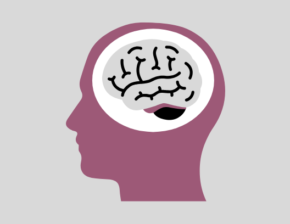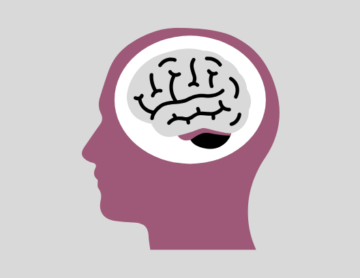In today’s culture and society, we are bombarded with messages about body image and what our bodies should look like. However, having negative thoughts about how we look can impact on every aspect of our lives, including at work.
For some individuals, a work environment can play a tremendous role in body image and how they observe their own body. This can be due to the nature of the job, the workplace culture, or the types of people that they interact with at work.
Body hang ups are common and very few people are 100% happy with their body, whether it is linked to their weight, shape, face, skin, hair, muscle tone etc. Research from the Mental Health Foundation has suggested 1 in 3 adults have felt so stressed by body image and appearance that they felt overwhelmed or unable to cope. But, for people with body dysmorphic disorder (or BDD), a hang up can develop into an all-encompassing obsession, which can put them at risk of other mental health problems, such as depression and self-harm.
According to the BDD Foundation this debilitating disorder affects at least 2% of the population. Although it is more common in young people, it affects men and women equally. Sadly, BDD is also often confused with attention-seeking behaviour, despite being a particularly serious mental health condition. People with BDD feel flawed or ugly and tend to be socially isolated, often because they believe others will think they are vain. As a hidden disorder, this, in turn, makes it harder for individuals to seek help.
Body image is the focus of this year’s Mental Health Awareness Week. Organised by the Mental Health Foundation, the initiative is about being kinder to our bodies and healthier in our minds. This complements the recent work of actress Jameela Jamil who last year set up her popular Instagram account, I Weigh, to fight back against unrealistic beauty standards and body-shaming. She encourages her 700k followers to come together and celebrate body positivity and what self-worth means to them.
But what can businesses do to promote healthier and more body positive workplaces?
Here is a suggested list of activities:
- Start with top level commitment to treat all workers with dignity and respect
- Implement a mental health and wellbeing policy and communicate to all employees
- Promote an open and safe culture where people can raise their concerns and problems
- Ensure managers are trained to be aware of their own unconscious bias when recruiting, managing or promoting people
- Raise awareness of unconscious bias amongst workers to help reduce their reliance on generalisations and stereotypes
- Encourage the use of mentoring and buddying programmes to provide ongoing support in addition to line management
- Support corporate social responsibility and volunteering initiatives to broaden employees’ outlooks and experiences
- Check that marketing and recruitment literature honestly represents a varied and diverse workforce
- Ensure workplace behaviours or health initiatives do not directly or indirectly endorse fat-shaming or food-shaming
There is a wealth of free resources to also help challenge misconceptions and support people’s mental health and wellbeing, including:
- Mental Health at Work
- The Mental Health Awareness Week Body Image Supporter Pack
- Mind, the mental health charity
AND
There is also a new text service, called Shout, on 85258, backed by the Royal Foundation, offering the UK’s first free text support service for those in crisis.


